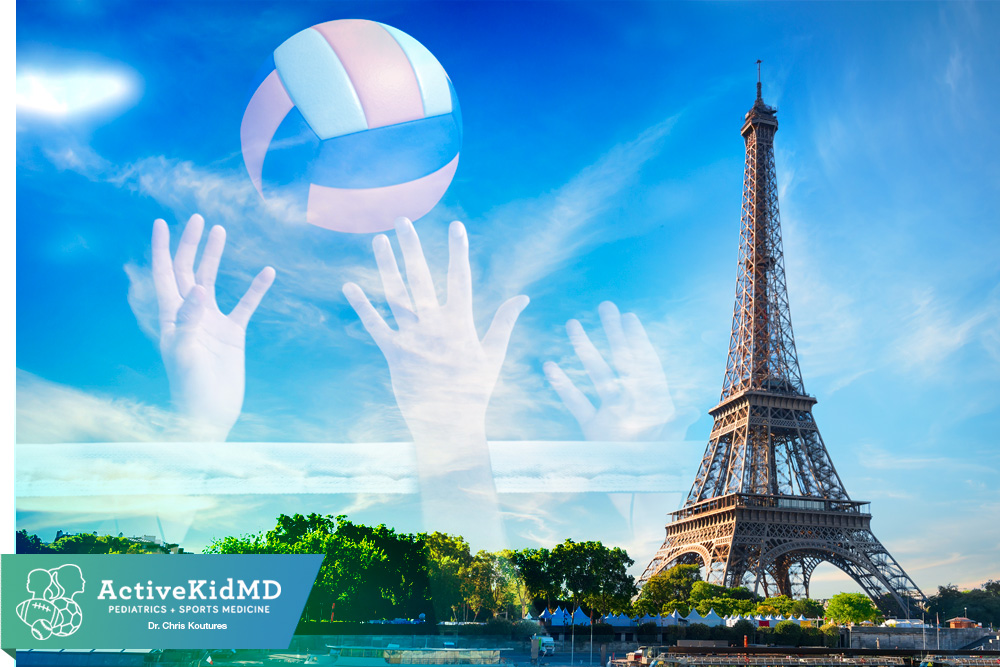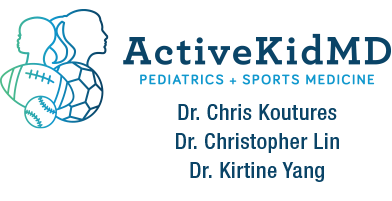Athletes who compete in the Olympics do not just make it on natural talent. They get there after hours of training needed to make it to the international level. So, it’s no secret that the physical training for the Olympics is a full-time job- and one that should not be done alone.
So how does an Olympic athlete best handle the demands of preparing physically for the Olympic Games or any other higher-level competition?
By utilizing the support team behind the team.
With USA Volleyball and other national teams/governing bodies, there are multiple specialists such as certified athletic trainers, sports dieticians, strength and condition specialists, chiropractors, massage therapists, physical therapists, mental health specialists, and team physicians prepared to offer expertise.
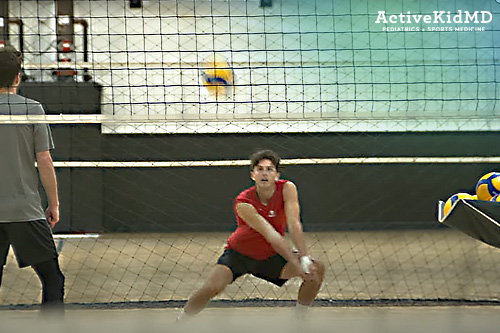 As our volleyball athletes return to our training facility (often from playing with club teams overseas), we are reconnecting in person, but have never lost full contact. Due to the diligent efforts of our sports medicine team, led by our head athletic trainers, we keep in touch with athletes even when they are playing with other teams.
As our volleyball athletes return to our training facility (often from playing with club teams overseas), we are reconnecting in person, but have never lost full contact. Due to the diligent efforts of our sports medicine team, led by our head athletic trainers, we keep in touch with athletes even when they are playing with other teams.
We are prepared for our athletes because our athletes have put a great deal of trust and faith into our work. When injuries or health situations occur overseas, we routinely get updates as our players want us involved and aware. Not because they don’t trust foreign or outside medical opinions, but rather because they want us involved due to the building of strong relationships with us that have been forged over many years in some cases.
So, there are rarely any surprises when athletes return to us when preparing for the Olympics. We often have management plans ready to put into place. This is all due to strong communication and trust between the athlete and support staff and within the support team.
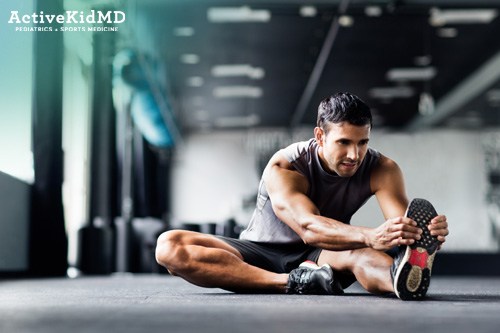 Reducing injury risk while optimizing performance
Reducing injury risk while optimizing performance
Preparation for the Olympic Games, or any major tournament, is a daily process.
This is a key teaching point for younger athletes: Our elite volleyball athletes don’t show up minutes before the start of practice or leave just after the final whistle.
To be best prepared to play at a high level, to address past injuries, or to prevent future injuries our athletes take the time for warm-up and cool-down activities. These may be more group-oriented, or they may be individualized health or strength maintenance exercise programs.
It is not uncommon to find athletes arriving at the gym 1-2 hours before a training session and leaving several hours afterward. This is on top of formal practice periods, weight training sessions, film reviews, and even meal times.
Developing a maintenance program that enhances performance can prolong a career and maybe even make the difference in making an important roster or earning a starting spot. Our athletes appreciate the importance of this time investment, and so should younger athletes.
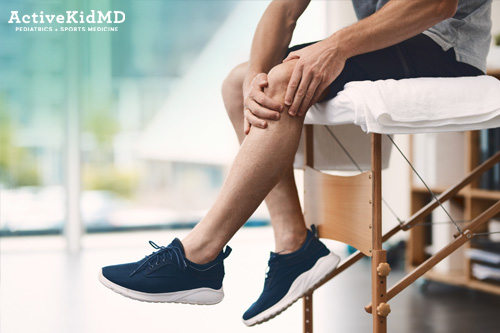 When injuries come up right before the Games.
When injuries come up right before the Games.
In the perfect world, there would be no injury issues leading up to the Olympic Games.
Ideally, there would be no medical issues influencing roster selections or starting roles and all decisions would be made by on-court performance.
Unfortunately, injuries and illnesses will come up in the months or weeks prior to the Opening Ceremonies. This is where that trust and preparation are put to the test. We bring together as many resources as we can – specialist providers and treatment modalities – to assist the athlete.
While we all have an obvious short-term focus regarding the upcoming Games, we cannot lose the view on the best future options for a particular player.
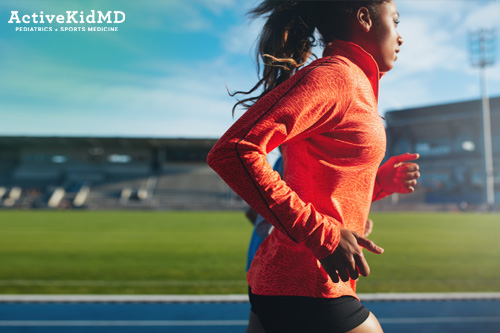
We are not trying to hesitate to put an athlete back into play, but also trying to do what is best for both the short- and long-term interest of the athlete and team as well.
Communication is constant – re-evaluating, developing different opinions, and addressing questions, and of course, the athlete is a central player in this process.
Key teaching point number two for younger athletes: Athletes who advocate for themselves do the best with injury prevention and recovery. If you have found a support team that you trust and is prepared to serve your needs, then you will have the freedom to more freely express yourself.
Again, it all comes down to building a support team that is best prepared to serve.
For more details on preparing the U.S. Volleyball team for the Olympics, see the interview with Volleyball Magazine editor, Lee Feinswog:

